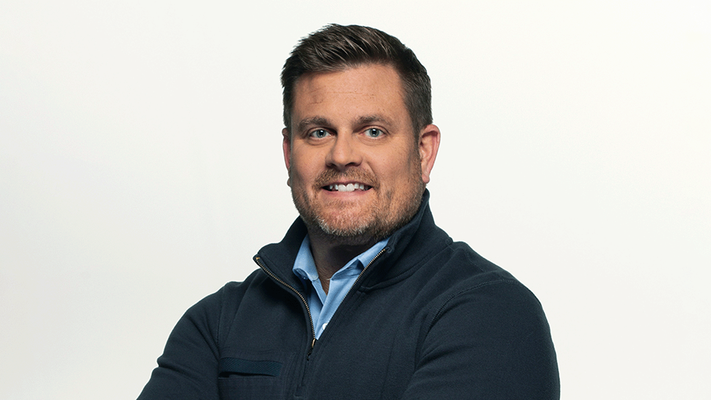
Can an introverted/shy person have a successful career in the medical field? The answer is yes.
You just have to factor your introversion into deciding what to specialize in. Some of the qualities of an introvert include their listening skills, observation skills, and their ability to thoughtfully process information before providing feedback.
With this in mind, what are some medical careers for introverts?
Radiologist
Radiologists use specialized equipment (X-rays, ultrasounds, MRIs, CTs for example) to help in diagnosing diseases and injuries. While they work directly with patients to take the scans, the time spent with patients is limited, with little interaction, except to give them directions regarding risks, and safety procedures. Once the scan is taken, it is the radiologist’s job to interpret the results, record the data, and report the findings directly to the patient or in most cases their doctor.
Anesthesiologist
An anesthesiologist is concerned with the total perioperative care of patients, monitoring patients before, during and after surgery, counteracting adverse reactions or complications. Anesthesiologists have limited patient relationships, the bulk of it being directed to the monitoring of vital signs and dosage administration while a procedure is being performed by another physician.
Pathologist
Pathologists specialize in the study of causes and effects of disease and illness and primarily work with body fluids and tissues. They help primary care physicians diagnose medical problems, using laboratory tests to make sure that results are accurate. There are several types of pathologists. For example, an anatomic pathologist examines tissue samples provided from biopsies to test for disease. A small part of a pathologists’ job can consist of dealing with autopsies. They almost never see patients during the course of their day.
Medical Examiner
Medical Examiners (MEs) perform autopsies (post-mortems) to diagnose cause and time of death. Hospital-based pathologists will occasionally perform autopsies where the patient has died from unexplained causes. Medical Examiners, however, perform autopsies where a person has died as a result of an accident, criminal activity (homicide), suicide, drug overdose, or other suspicious circumstances. MEs will seek help from other specialists, such as toxicologists.
Medical Scientist
Medical Scientists typically design and conduct studies that investigate human diseases, and methods to prevent and treat them. A critical skill required is data analysis to reach conclusions. This type of cutting edge research is usually conducted at medical schools, and teaching hospitals, with Medical Scientists working in offices and laboratories.
Training as a doctor does not mean that the only choice is to provide direct patient care.
The healthcare industry is expanding rapidly. Combined with the advancement of technology, it has created medical specialties that require little or no contact with either patients or colleagues, a perfect space for introverts. Medical careers that allow you to work independently or in small groups, as well as provide a focus on analyzing material or data as part of your responsibilities play to your strengths. It is only a matter of exploring those possibilities and finding the right niche that suits their introverted personality.







 © 2025 Mashup Media, LLC, a Formedics Property. All Rights Reserved.
© 2025 Mashup Media, LLC, a Formedics Property. All Rights Reserved.